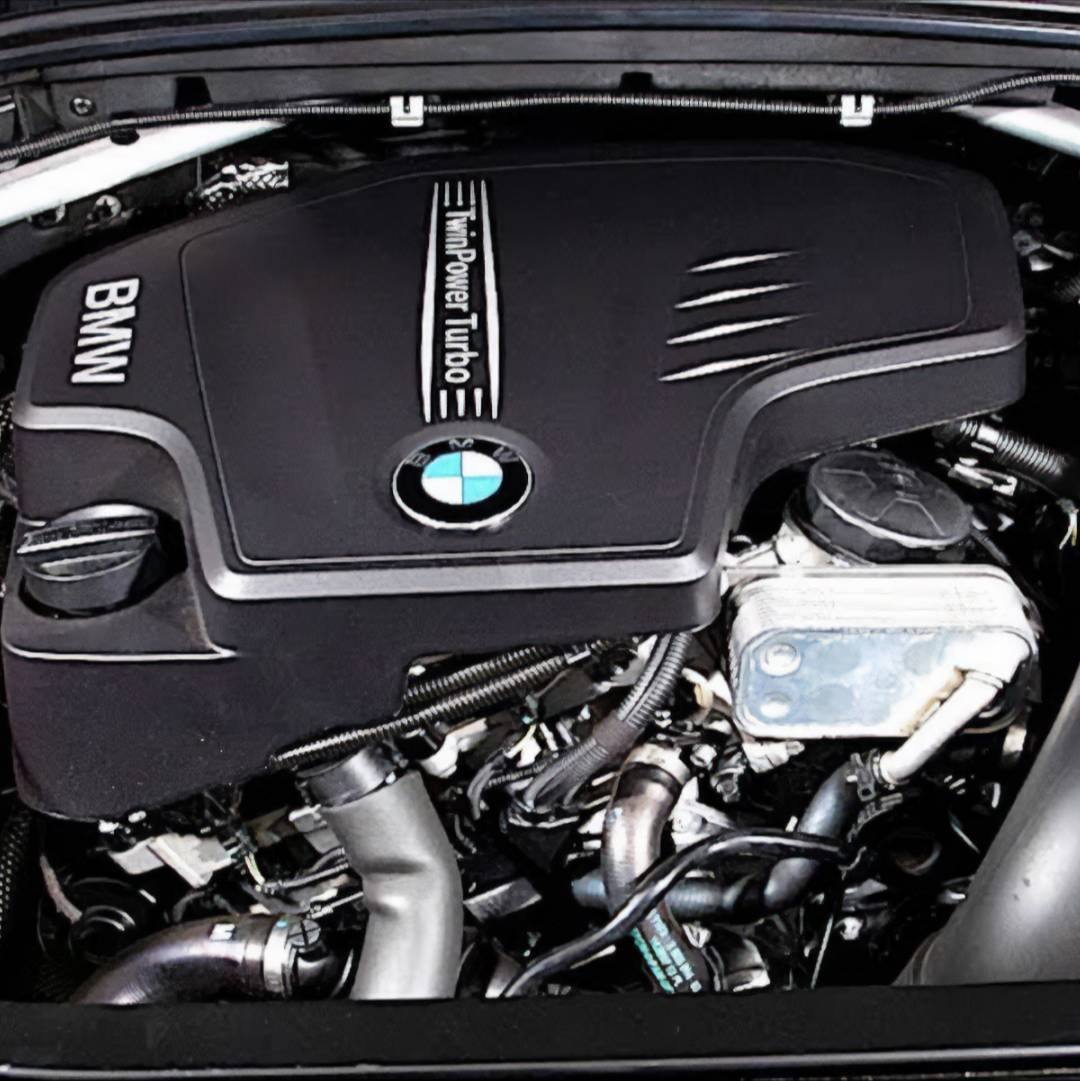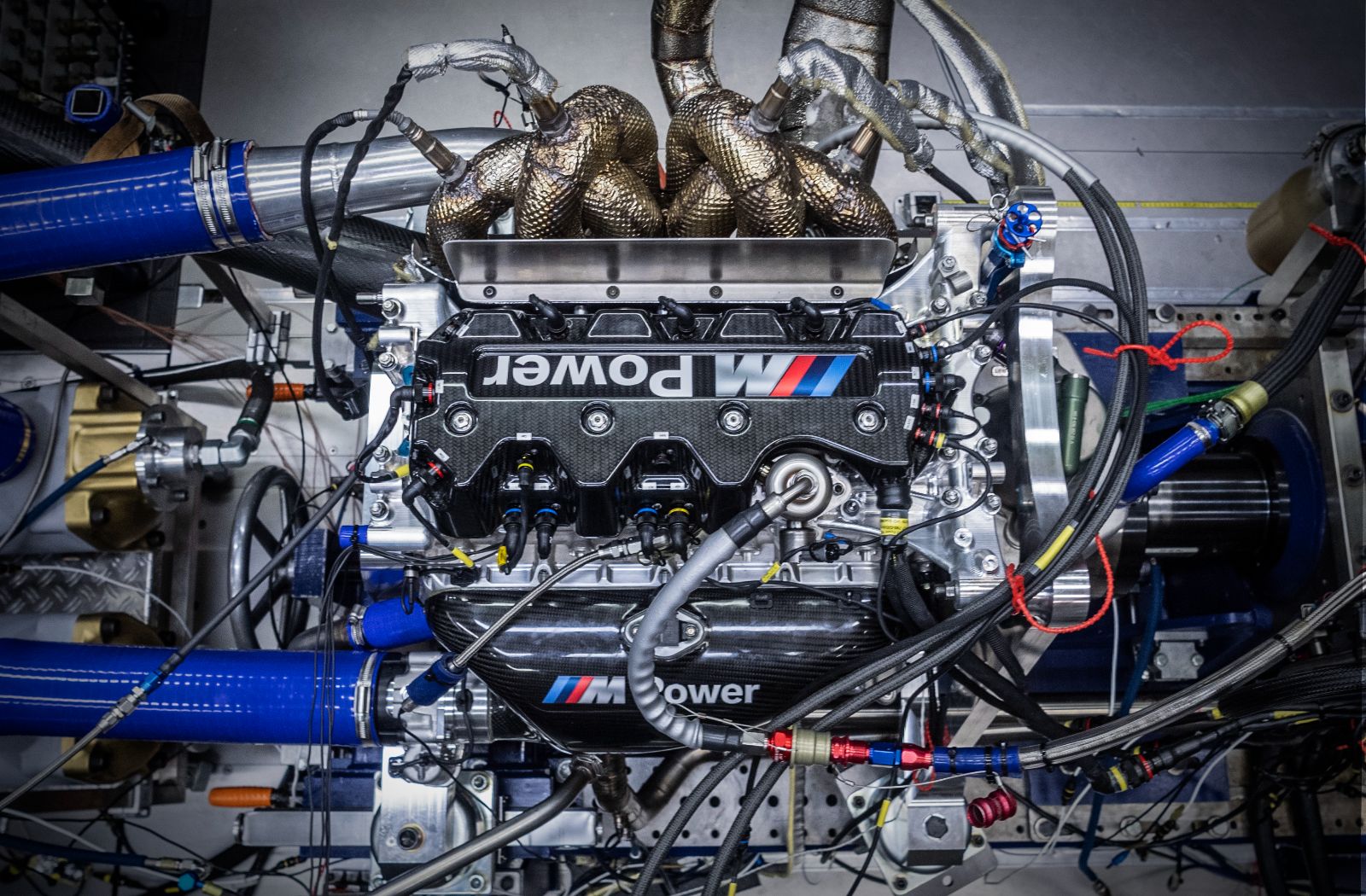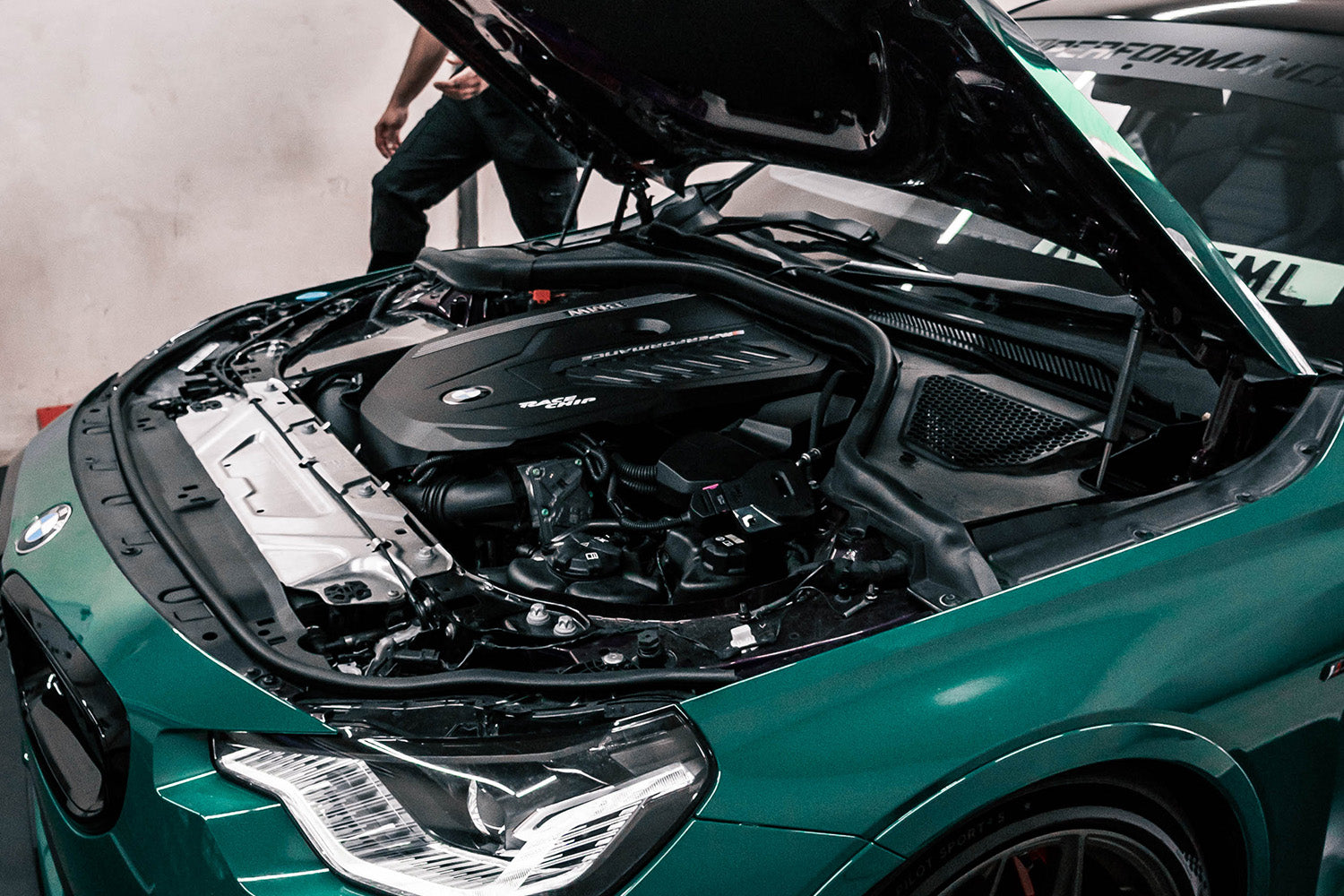Checking Out the Performance Enhancements of the current BMW Engine Versions
Checking Out the Performance Enhancements of the current BMW Engine Versions
Blog Article
Revealing the Intricacies of Next-Generation Power Units: a Deep Study Advanced Engine Designs and Advancements
As we stand on the precipice of a brand-new era in transportation, the details of next-generation engine styles beckon us to discover the advanced modern technologies and advancements that promise to redefine the driving experience. Digging much deeper right into the realms of exhaust control, intelligent engine monitoring systems, and the horizon of power system growth, we find ourselves on the cusp of a makeover that promises to reshape the landscape of flexibility as we understand it.
Advancement of Engine Materials

The shift towards advanced engine materials has additionally made it possible for engineers to develop engines with higher power outputs while preserving fuel effectiveness requirements. The use of lightweight products reduces the overall weight of the engine, leading to improved fuel economy and lower emissions. Additionally, advancements in materials technology have permitted far better thermal management within engines, leading to raised reliability and longevity.
Turbocharging and Supercharging Technologies
How do Turbocharging and Supercharging Technologies change engine efficiency and effectiveness in contemporary vehicles? Turbocharging and turbo charging are technologies that dramatically improve engine performance by raising the amount of air consumption into the burning chamber. Turbocharging accomplishes this by utilizing a generator driven by exhaust gases to pressurize the intake air, while turbo charging uses a belt- or chain-driven compressor to attain the exact same result.
These innovations make it possible for smaller, more fuel-efficient engines to create power equivalent to bigger ones, referred to as downsizing. Forcibly more air right into the cylinders, supercharging and turbocharging enhance combustion performance, resulting in raised horsepower and torque result without a considerable rise in engine size. This brings about much better velocity, hauling ability, and general driving performance.
Additionally, turbo charging and turbocharging add to enhanced fuel performance by enabling the usage of smaller sized engines that take in less fuel under typical driving problems - bmw engine. This mix of enhanced performance and effectiveness has actually made turbocharging and turbo charging integral elements of lots of modern-day engine layouts
Emission Control and Environmental Effect
With boosting international problems concerning air high quality and ecological sustainability, the execution of exhaust control technologies in vehicles plays a vital duty in decreasing damaging toxins launched right into the ambience. Modern vehicles are equipped with sophisticated exhaust control systems that help lessen the environmental effect of auto procedures. Catalytic converters, for circumstances, are made to transform hazardous gases such as carbon monoxide gas, nitrogen oxides, and hydrocarbons right into less dangerous compounds like carbon dioxide and water vapor.
Additionally, developments in engine innovation, such as the integration of exhaust gas recirculation systems and selective catalytic decrease, have actually substantially contributed to lowering emissions. These modern technologies function in tandem to enhance combustion efficiency and decrease the launch of dangerous contaminants into the air. Additionally, the growth of crossbreed and electric automobiles represents an important step in the direction of minimizing the general environmental impact of the transportation sector.
Intelligent Engine Monitoring Solution

In addition, these systems allow vehicles to satisfy stringent exhausts standards without endangering efficiency, providing a more eco-friendly driving experience. The combination of man-made intelligence and equipment learning capacities in engine administration systems proceeds to press the borders of what is feasible, leading to more renovations in performance, integrity, and general vehicle performance. bmw engine. As auto innovation advancements, intelligent engine management systems will play a critical function in shaping the future of transportation in the direction of a more reliable and sustainable direction
Future Trends in Power System Growth
As smart engine management systems pave the method for boosted control and optimization in modern cars, future patterns in power system growth are positioned to redefine the landscape of automotive propulsion innovations. One of the crucial fads driving technology in power unit development is the shift towards electrification. With an enhancing concentrate on sustainability and minimizing carbon exhausts, crossbreed and electrical powertrains are coming to be extra widespread in the automotive industry. These different source of power offer improved efficiency and performance while aligning with stringent environmental regulations.
Another substantial fad is the combination of sophisticated materials and making techniques. Lightweight materials such as carbon fiber and light weight aluminum are being made use of to minimize general vehicle weight, boosting gas efficiency and efficiency. Furthermore, improvements in 3D printing and additive manufacturing are making it possible for the production of complex engine elements with greater accuracy and sturdiness.
Additionally, expert system and artificial intelligence are playing a critical function in optimizing his explanation power system performance. These innovations allow for real-time surveillance and adaptive control, bring about much more reliable and reliable power distribution. In general, future fads in power unit advancement are tailored towards effectiveness, sustainability, and efficiency, driving the auto industry in the direction of a new age of propulsion modern technologies.

Verdict
In conclusion, the improvements in engine products, turbocharging, emission control, and intelligent administration systems have actually led the means for next-generation power units. The complex layouts and technologies in modern engines showcase the recurring development of auto technology.
Checking out the progressive advancements in engine materials has actually been critical in enhancing the performance and effectiveness of contemporary engines. Over the years, the development of engine products has actually played an essential role in pushing the boundaries of what engines can achieve.The shift towards advanced engine materials has actually additionally made it possible for designers to make engines with greater power results while keeping gas effectiveness requirements.The application of intelligent engine management systems in modern vehicles has actually changed the means engines are regulated and enhanced for performance and efficiency. By gathering data in click this site real-time and analyzing it with sophisticated formulas, smart engine administration systems can adjust to driving designs, environmental aspects, and engine wellness to take full advantage of power output while decreasing fuel intake and discharges.
Report this page